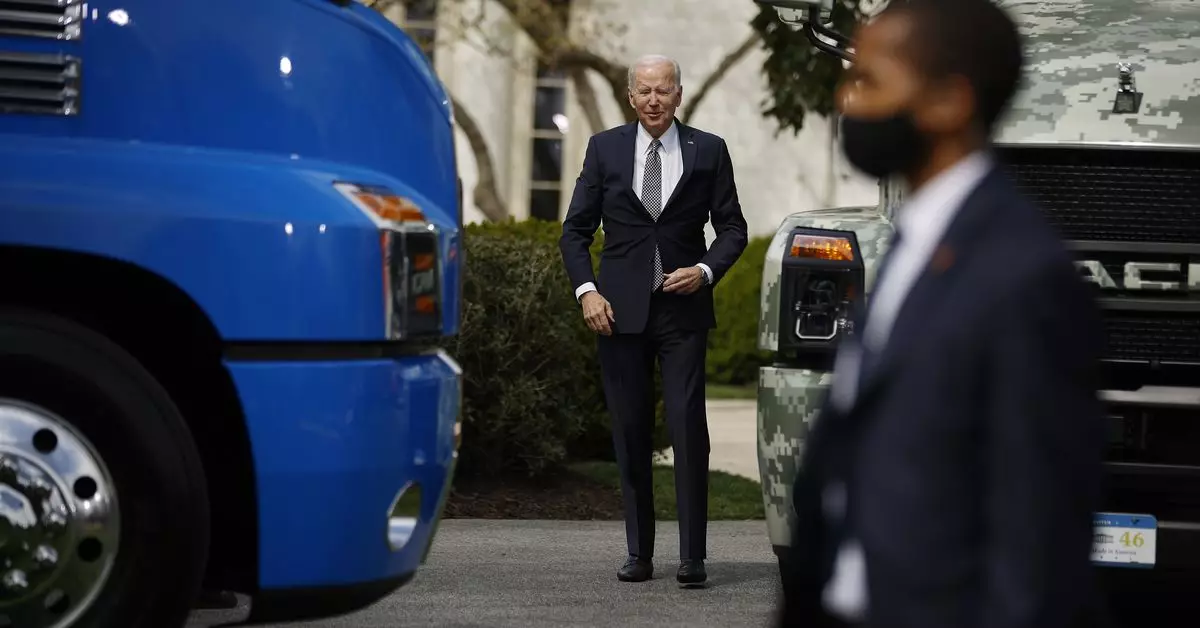The Biden administration recently released a new vehicle emission rule that was not as strict as initially proposed. The new rules indicate that fuel economy will increase by 2 percent per year for passenger cars for model years 2027-2031, and for light trucks for model years 2029-2031. This is a significant change from the ambitious goal set by President Joe Biden in 2022, where passenger vehicles were required to achieve an average of 55 miles per gallon by 2026. The National Highway Traffic Safety Administration (NHTSA) states that these new rules will bring the average light-duty vehicle fuel economy up to approximately 50.4 miles per gallon of gas by 2031.
Industry Response to the Standards
The auto industry’s reaction to the new Corporate Average Fuel Economy (CAFE) standards has been mixed. While some have praised the standards as “good and appreciated,” others have questioned the necessity of such regulations in an industry that is rapidly moving towards electrification. The less stringent standards have sparked some criticism from environmental groups, who argue that the rules should be more ambitious to effectively reduce pollution and promote cleaner cars.
Ongoing Challenges
Despite improvements in fuel economy over the years, the United States is still facing challenges in meeting deadlines for reducing emissions. The country’s preference for larger trucks and SUVs has caused automakers to lag behind in achieving higher miles per gallon of gas compared to their global competitors. This trend poses a significant obstacle in the efforts to transition towards more sustainable transportation options.
The Biden administration’s new vehicle emission rule represents a compromise between ambitious environmental goals and industry interests. While the standards aim to improve fuel economy and reduce pollution, they have been criticized for not being stringent enough to meet the urgent needs of combating climate change. As the transportation sector continues to evolve towards electrification, there is a pressing need for more aggressive regulations to accelerate the transition to cleaner and more efficient vehicles.


Leave a Reply